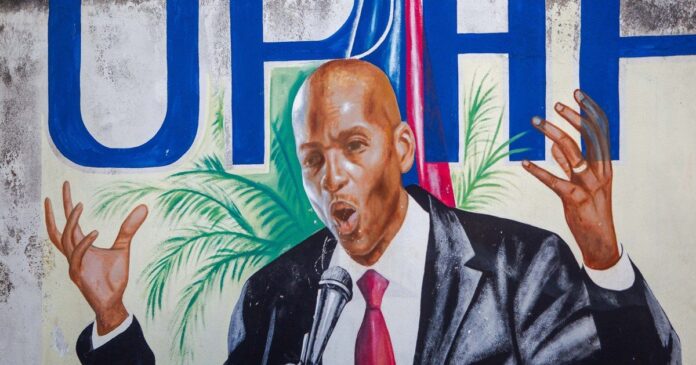At 1 AM on 7 July 2021, Jovenel Moïse, President of Haiti was assassinated at his home, in the hills north of the nation’s capital Port-au-Prince. Moïse was shot twelve times by the armed gunners. His wife, Martine was wounded in the attack, having been shot three times. 24 of the assassins have been identified as Colombian, while 2 have been identified as American. The two Americans accused are of Haitian descent. In a statement by the Colombian defense minister, Diego Molano, the suspects appear to have been retired members of the Colombian military, and that his country would cooperate in the investigation.
Who are these Colombian mercenaries?
Colombia has had a strong military-police system which was at its peak during its 50-year civil war. In recent decades, private players have offered higher salaries and compensation to members of the Colombian army. They are experts in guerrilla warfare and are highly trained. These former Colombian army officials have acted as mercenaries-for-hire across the world, operating from Iraq to Venezuela. At this point, it is not clear who has hired the Moïse’s assassins.
Jovenel Moïse’s Presidency
Moïse’s Presidency in Haiti has been very controversial, marked with corruption and popular movements demanding his resignation. Over the past 50 years, Haiti’s more progressive politicians had been ousted by military coups with American involvement. Presidents like Moïse and Martelly have supported these military coups, representing business interests.
Before becoming President of Haiti, Moïse was a wealthy entrepreneur. He earned the nickname Nèg Bannann (Banana Man) for his plantations and rich banana exporting business. Moïse was close friends with the previous President, Michel “Sweet Micky” Martelly, whose presidency was similarly marked by corruption and popular unrest.
In the past decade, Haiti has face Covid, earthquakes, hurricanes, and crony capitalism. Relief efforts have been made ineffective, leading to massive protests through the Presidency of Moïse. The Petrocaribe scandal, where nearly $3.8 billion from an oil deal Venezuela intended for social development, was demanded by protesting Haitians. In 2017, protests have gained momentum against the Moïse government, calling for his resignation.
Moïse’s Term
There has been controversy regarding the term of Moïse’s, appointment. In the 2015 elections, Moïse won the plurality of the vote, but not the majority, at close to 33%. A run-off election was supposed to have been held to determine the election winner, but there were delays. At the end of Martelly’s term, an interim President, Jocelerme Privert, was appointed in January 2016. The interim Presidency was originally supposed to have 4 months but only ended after the run-off elections, when Moïse came to power in February 2017.
Moïse has insisted that his term should rightly end 5 years from his appointment, while his opponents have insisted that the term should have ended from 5 years from the expiry of Martelly’s term, meaning that he should have stepped down in February 2021.
Since November 2020, Moïse insisted there have been attempts on his life, and he had fears of an impending coup. It is not clear whether these threats have come from within Haiti, or internationally. Moïse has insisted that his enemies have been trying to kill him to take over. With his death, the Prime Minister, Claude Joseph, is acting as the interim President



























